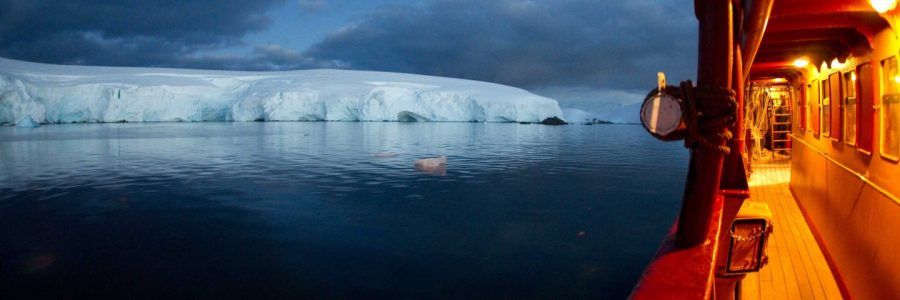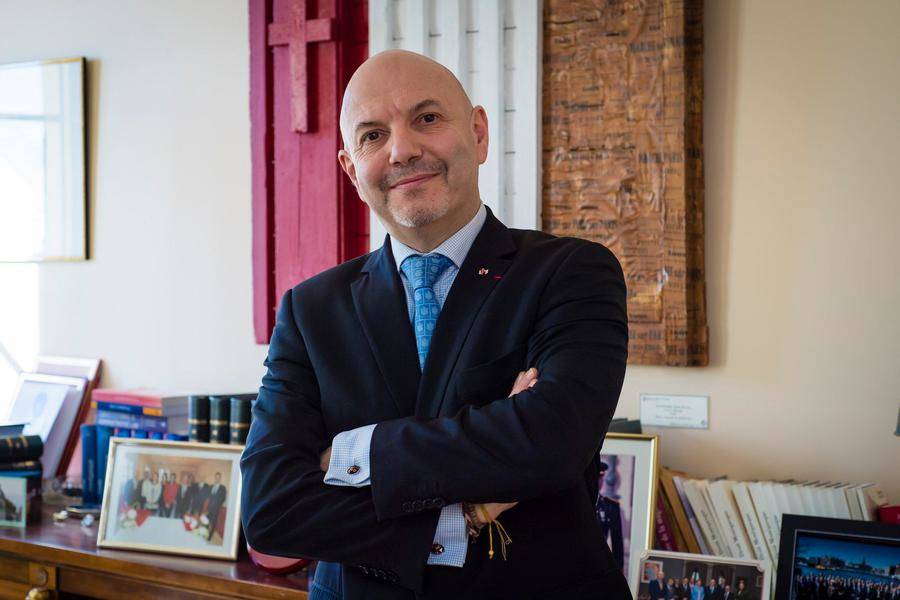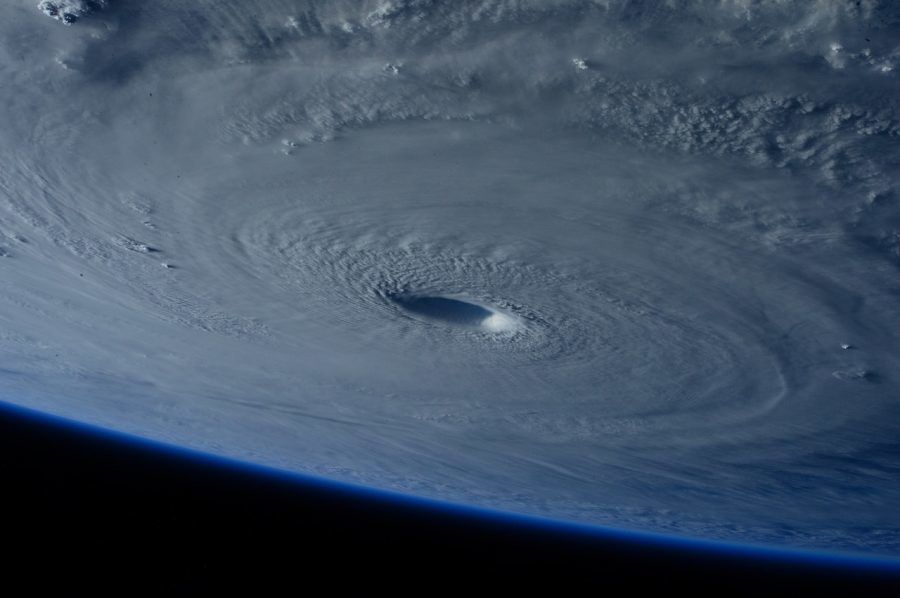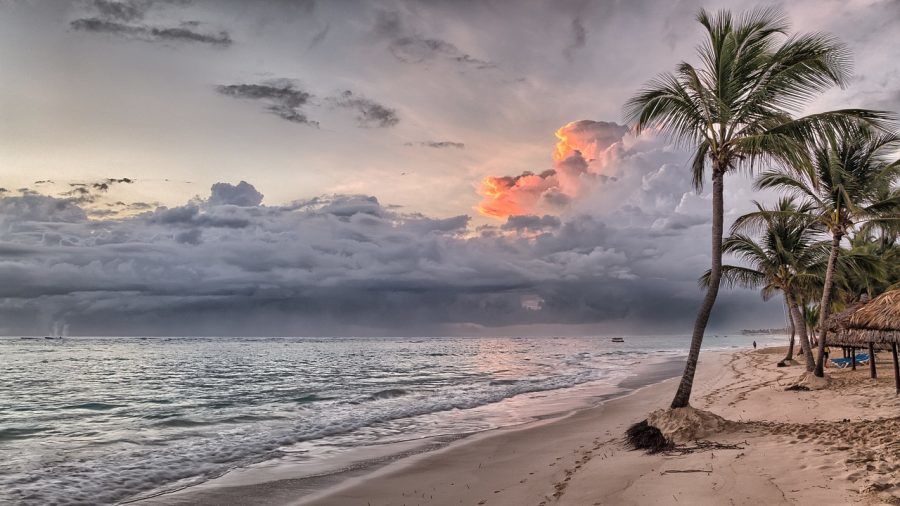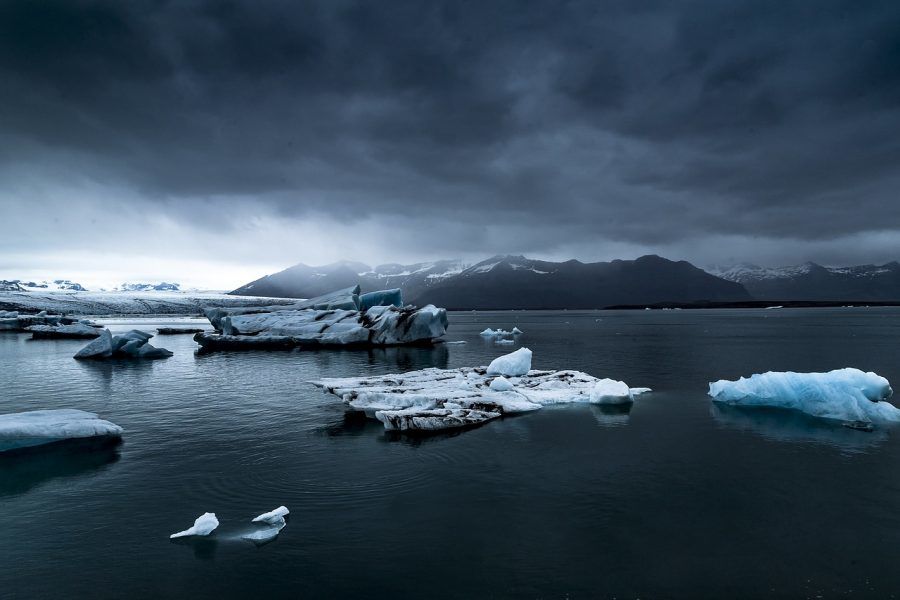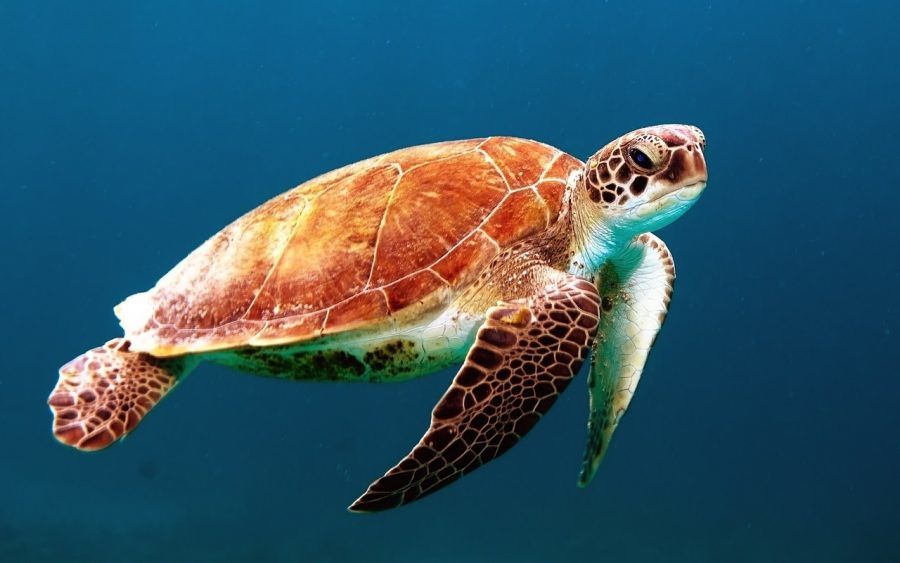Hydroponic gardens, tennis courts and luxury dog homes are all features that superyacht designer, Dickie Bannenberg, has been asked to incorporate into his designs.
“It’s a crowded market. Middle-of-the-road design is not going to shine,” Bannenberg says.
But along with jacuzzis and recording studios, today’s designers are now also being tasked with developing laboratories, specialist equipment for underwater research and cabins for a travelling team of scientists.
One example of these ‘exploration yachts’ is on show at the Monaco Yacht Show for the first time this year. The Octopus is owned by the late co-founder of Microsoft, Paul Allen, and is packed with helipads and two helicopter hangar spaces, a glass-bottomed observation lounge, a cinema, basketball court, beach club and recording studio where Mick Jagger recorded tracks for his new band Superheavy.
Just over 30 new models are in build and three more have already launched this year.
Octopus has often been loaned for exploration, scientific research and rescue missions, including a search for crew from a missing plane and a scientific study of a ‘living fossil’ previously thought to be extinct.
“Exploration yachts are a trend we have seen for the last two years,” says Johan Pizzardini, Communications and Media Manager for the Monaco Yacht Show. “People don’t want to charter the most expensive yacht – they want a yacht with unique experiences.”
“This is particularly true for younger customers,” he continues. “If they’re cruising in the Antarctic, they’ll often invite scientists for a research project. It’s not just about sunning yourself in the Bahamas.”
Billionaire Ernesto Bertarelli has donated his 96-metre explorer superyacht, Vava II, to be used for several scientific expeditions. It has been loaned to the Zoological Society of London (ZSL) and other research universities from around the world.
Mark Duncan, Fraser Yachts Business Development Director, says: “I can think of four or five yachts currently under construction which are being built to an owner’s spec that include research facilities.”
One example is the 183-metre Rev Ocean, due to launch in 2020, accommodating a permanent team of up to 60 scientists. It’s being designed to research CO2 emissions’ impact on the oceans, plastic pollution, and unsustainable fishing.
The bigger, the better?
Perhaps this is one of the drivers for the growing trend for larger yachts reported by The State of Yachting 2019 report and the Yacht Show’s Pizzardini.
A number of yacht builders recently produced their first vessels of over 40 metres, according to the report. This could be because many well-known yacht builders now have full order books, it suggests.
Customers who want to upsize, without waiting for years for a bespoke model, will gradually get more ready-made new-builds to choose from.
However, Will Christie, Head of Sales at Y.Co, disagrees, saying: “Records will always be broken but we are actually starting to see some owners of very large 120-metre plus yachts wanting to scale back to smaller boats.
“Once you go above 100 metres, cruising can become rather restrictive, operational costs are clearly high and while the comfort is amazing, it’s not always as intimate an experience for the guests as being on board a slightly smaller boat,” he explains.
(Not) a liquid asset
Whether it has research facilities or Mike Jagger’s recording studios onboard, it’s no surprise that the industry estimate for superyacht expenditure is 10% of the build cost per year. This means a yacht should generally be viewed as a lifestyle purchase rather than a source of future revenue.
Bannenburg says: “There was a period before the financial crisis when there was an element of market speculation – people were buying shipyard building slots in order to sell them on quickly for profit,” says superyacht designer Dickie Bannenberg. “It only affirmed that a financial crisis was due. No one needs a yacht. It’s by and large the passion that drives them to do it.”
Financing your passion
It is this passion that is driving Norwegian businessman Kjell Inge Røkke to fund the construction and three years of operational costs of REV Ocean, a research yacht designed to advance understanding and conservation of the ocean, thought to cost about €452m.
For anyone looking to follow similar pursuits, there can be many options for financing such explorations.
For example, if you plan to spend your days cruising around the Med, buying a new build in the EU by finance can reduce VAT payments. Alternatively, securities-backed lending offers a responsive and flexible solution for clients to manage both their lifestyle and investment needs.
Securities-backed lending offers a credit solution that can be secured against investment assets held with Barclays. Clients can use the facility as liquidity for one-off purchases, such as a yacht, without disrupting their long-term investment goals.
By Victoria Beckett, writer for Barclays Private Bank
